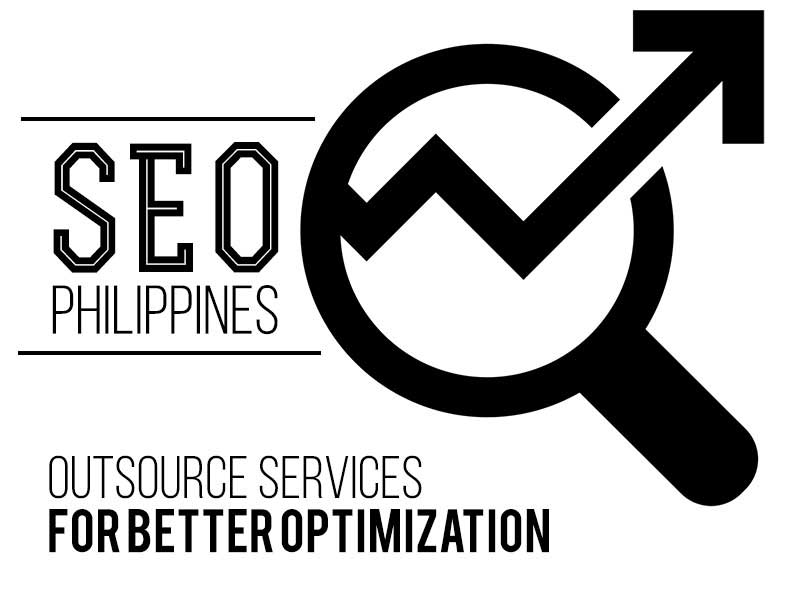
Bite-Sized Digital Advertising Series: What is Search Engine Optimization?
Welcome to our Bite-Sized Digital Advertising Series!
Today’s article culminates this month’s run for the Bite-Sized Digital Advertising Series. For this month’s final article, we’ll be tackling a familiar term in the digital marketing world: Search Engine Optimization, or better known as SEO.
Let’s get to it!
What is SEO?
SEO is a digital marketing practice that aims to increase a website’s traffic organically, through improving its ranking on search engine result pages or SERPs. To be exact, SEO specifically aims for higher organic traffic and more unique visitors, which are key metrics that could be converted to sales or website engagement.
How does SEO work?
Search engines like Google and Bing rely on proprietary algorithms to rank the websites it links on search result pages. How do these engines know how to rank websites? Easy – each search engine sends out website crawlers across the vast internet, and then brings back information from each website it encounters. Search engines then store this information, updating it often.
When a user runs a search through these engines using a particular keyword, the search engine algorithms match the keywords to the various website information it’s collected, and then using certain metrics, ranks related websites based on relevance using the search terms used.
How SEO helps is by improving a website’s relevance to the search engines’ algorithms. Each search engine ranks websites differently; an SEO expert optimizes a website to meet as many criteria as possible across the various search engines to give websites the best ranking they can reach.
Does SEO make my website rank first?
The answer is: it depends. Yes, in theory, SEO can make a website rank first. But there are many factors that go into SEO: the search keywords used, the website’s meta data, the website’s existing content, the website’s organic traffic, and so many more technical terms all affect a website’s ranking.
SEO, when done well, can get a website on the first page of a search engine’s results. SEO done poorly, on the other hand, can cause a website to rank even lower than it normally would.
What does SEO improve?
Here are a few metrics that SEO improves when applied to a website correctly.
- Organic Traffic – Organic traffic is, at its core, website traffic that isn’t paid for. This means that website users either found your website on their own, or typed your website URL directly into the search bar. SEO improves your website’s chances of being found organically through search results, by fine-tuning your website information whenever search engines crawl through the internet.
- Traffic Quality – Have you ever searched for a product or topic and gotten search results that have nothing to do with your search terms? For example, if you’ve searched for computer parts and gotten links to pages about dishware, then you’ve fallen victim to poor SEO. Effective SEO improves not just a website’s organic traffic, but also the quality of the traffic it receives. Through SEO, users who are genuinely interested in your product or service and are already looking for your kind of product or service have better chances of finding your business website through search results.
- Traffic Quantity – One of the main reasons for people to utilize SEO on their websites is to increase traffic. By optimizing a website’s content based on what each search engine’s algorithm looks for, websites can gain more traffic, which in turn increases the chances of sales conversions. If your website needs a boost in visibility and exposure, SEO can help it reach these goals.
SEO can be learned by anyone; however, it takes a lot of time to learn the ins and outs of the practice. For businesses looking to employ SEO strategies right away, service providers like LogicBase Interactive have SEO experts who work with businesses in assessing and optimizing their business websites.
SEO, unlike traditional advertising campaigns, don’t rely on paid advertisements, making it more versatile as a marketing strategy. Because of this, many businesses are turning towards SEO practices to market their products and services.
Give SEO a chance – optimize your website today!




